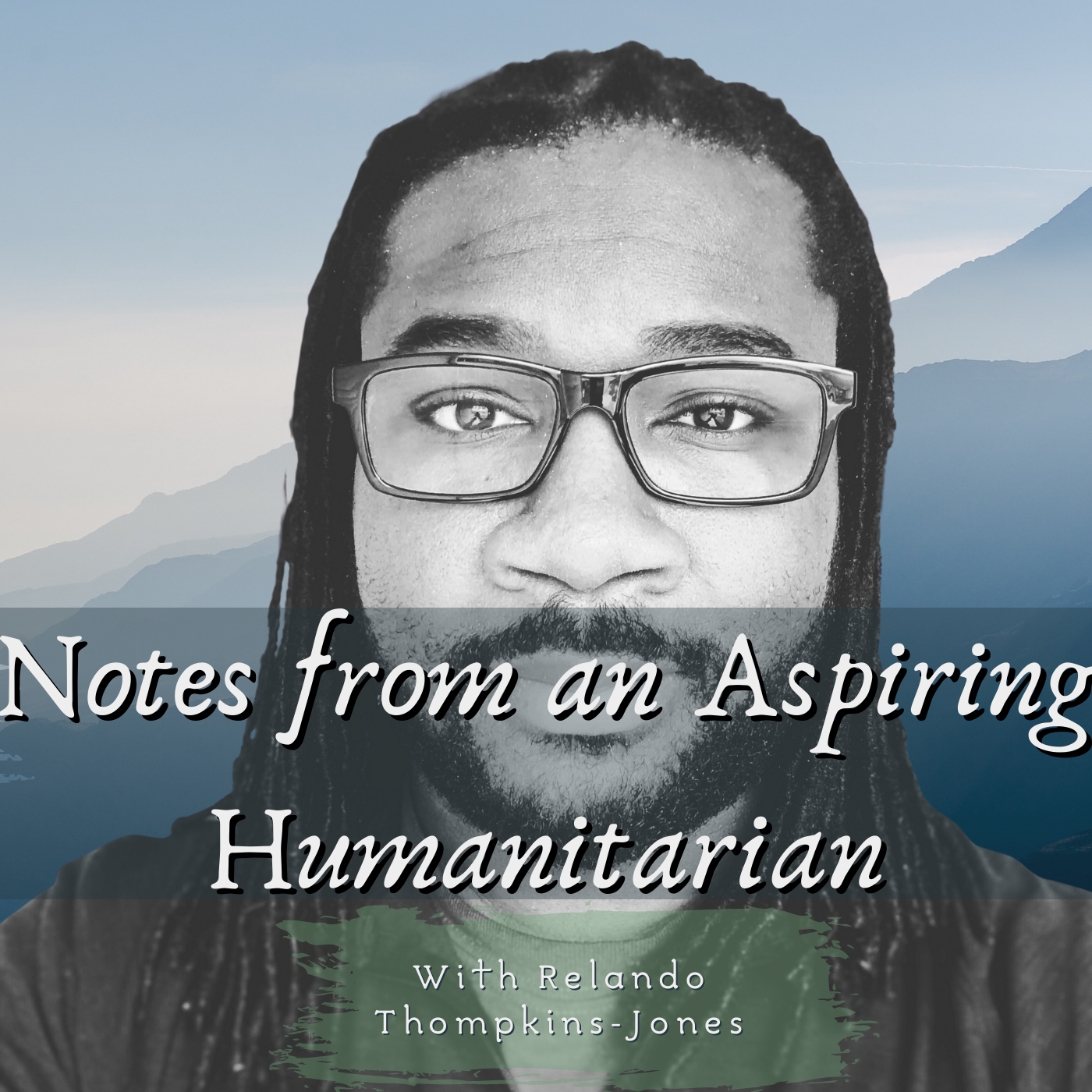Making Race Heard. An OU interview with Relando: part 4
“In America, history is something that we want to look back on and be proud of, and if it’s not, we don’t want to hear it. We erase it..In public education, slavery was a paragraph. To skip over it and water it down is to do a huge disservice to ourselves. If we’re striving for wholeness, justice, equity, It can only be gained on the basis of truth, the whole story.”
“Truth provides the foundation for reconciliation. Reconciliation provides the foundation for hope. Without truth there is no forgiveness, without forgiveness there is no future.”—Naomi Tutu

Cartoon by Barry Deutsch
This is the fourth post of a 7 part series in which I expand on some of my responses to questions from a recent news interview I had about my experiences with working to build more inclusive communities as a student at Oakland University and beyond.
What other social/humanitarian groups have you been involved with?
“Making Race Heard” is also a very special program to me. It is a group that was started by some of my former classmates and colleagues and me as students at the University Of Michigan School Of Social Work.
It was established as a space for students of color and their allies to discuss how issues of race intersect with other social identities and have an impact on our lives within the school of social work and beyond. The group was formed because we noticed:
“some students in dominant groups felt ill-equipped to talk about race, even though they worked as interns in communities of color. Some students did not feel safe to challenge the classroom conversations that may have excluded members of certain groups. Others simply did not know if they were “allowed” to talk about race. After gathering these concerns, we decided to create a forum for people of color and their allies to come together and discuss how issues of race and other social identities impact our personal and professional lives.”
“Making Race Heard” serves not only to help increase comfort with the discomfort that can come when talking about these issues, but it is also a great supplement to the class and field education of social work students. Finally, the group presents phenomenal opportunities for participants to take action and act on any new information learned about themselves or others.
It is still very necessary for people to have spaces where they are able to openly and honestly discuss issues of race, racism, and other social identities on college campuses, and it is my hope that I will be able to one day serve at a university with links to the surrounding community where I can make an impact in working toward building better communities.
Grace & Peace,
From Aspiring Humanitarian, Relando Thompkins, MSW
—————————————————————————————————————————
(N.A.H.) is advertisement-free and reader supported. If you enjoy my notes, consider supporting (N.A.H.) with a one-time donation or by becoming a monthly patron.
—————————————————————————————————————————














